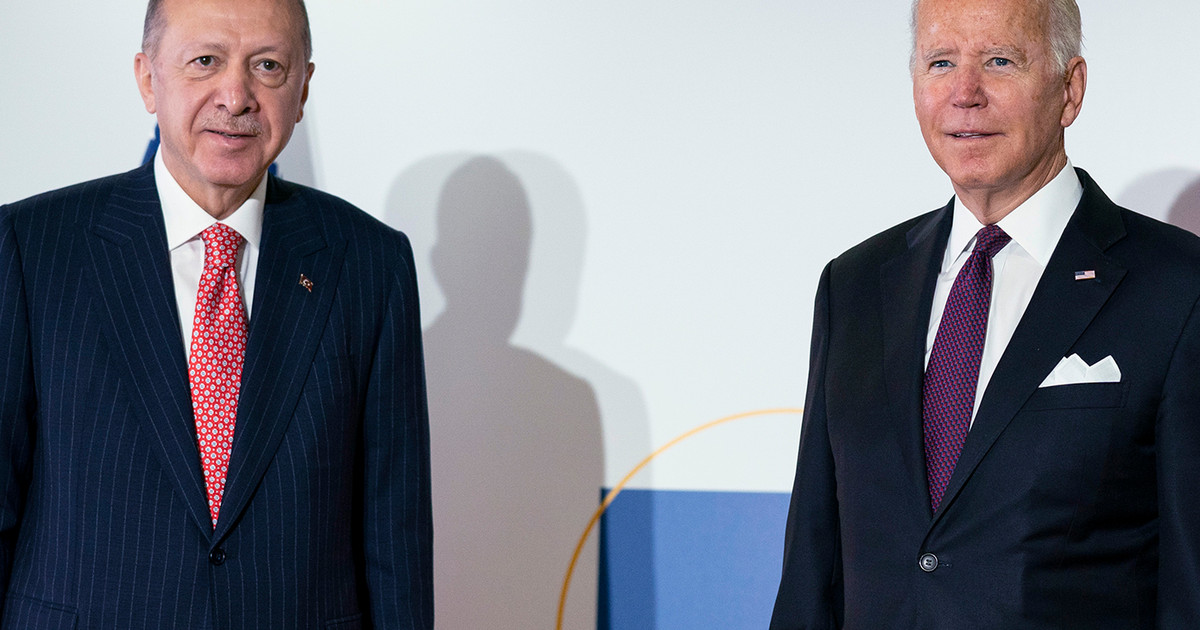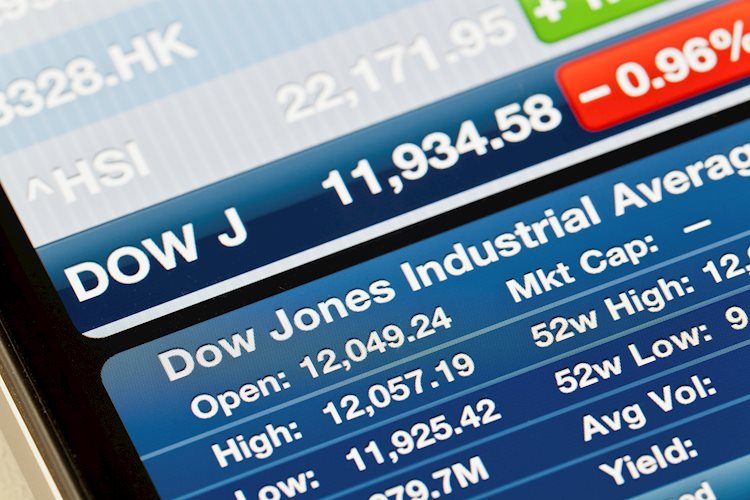By Kostas Raptis
The processes for the conclusion of an international agreement on the nuclear program of Iran (or rather, for the revival of the corresponding agreement of 2015 from which the USA withdrew in 2018, during the days of Donald Trump) are in the final stretch.
Everything shows that the talks in Vienna with the participation of the Islamic Republic, the five permanent members of the UN Security Council and Germany are leading to a happy end.
Based on what is known, the negotiations made decisive progress after the Iranian side withdrew its (primarily symbolic) demand to remove the inclusion of the Revolutionary Guards from the US list of terrorist organizations – but the question remains open how Tehran’s claim can be satisfied to provide guarantees regarding a possible (due to e.g. a Trump rebound) further withdrawal of the US from the agreement.
The final draft of the agreement, as it was formed last month by the comments of Washington and Tehran on the text elaborated, in the role of mediator, by the European side, was already leaked yesterday Sunday to the Israeli newspaper Haaretz.
It describes a step-by-step process, with a total duration of 165 days from the moment of co-signing the agreement, which will be preceded by the release of Western prisoners from Iran, in exchange for the release of Iranian assets to the West.
Then, Iran undertakes to end from the first moment of validity of the agreement the enrichment of uranium, however, maintaining the right to store the quantities it will have enriched until then, while the American side undertakes the obligation to send the agreement to Congress for ratification within 30 days and to inform the International Atomic Energy Agency (IAEA) within 60 days of its rejoining the 2015 agreement (JCPA).
The fourth and final stage of the plan calls for further lifting of sanctions against Iran over the next 60 days.
If the above is implemented, the Islamic Republic will have recorded a significant success, which will be credited to the conservatives of President Ebrahim Raishi, who dominate Iranian political life after the last parliamentary and presidential elections, when they crushed the reformers of former President Rouhani. who invested in normalizing economic and other relations with the West, co-signing the JCPA in 2015.
Of course, these developments cause maximum nervousness in Israel, the great regional rival of Iran, which through then Prime Minister Benjamin Netanyahu had inelegantly attempted (with a speech to Congress in the absence of the then US President) to prevent Barack Obama from co-signing the JCPA and then, through his access to Trump’s White House, he secured the American withdrawal from the agreement.
Now out of power, Netanyahu yesterday accused the successor coalition of Yair Lapid and Benny Gantz of being complacent and managing to jeopardize Israel’s future in a busy year. In response, Prime Minister Lapid argued that in his successive terms Netanyahu has caused the greatest possible damage to Israeli-American relations.
In its attempt to influence developments without risking a public rift with Washington, Israel’s current government is multiplying contacts with American officials, and Defense Secretary Benny Gantz had just his sixth consecutive meeting with Joe Biden’s national security adviser. , Jake Sullivan. The head of the Mossad, Naoum Barnea, will be on the other side of the Atlantic in the next few days.
In any case, how support for Israel is perceived in the US is no longer a matter of automatic cross-party consensus, as the US-Jewish Democratic base is increasingly alienated from Netanyahu-style policies, which have instead become “credentials”. for Republican evangelicals.
Great picture
But the revival of the JCPA is mainly explained by the big picture. Iran’s unchecked continuation of uranium enrichment after 2018 risked reaching levels that would allow the development of a nuclear weapon, thus creating a serious dilemma for the West.
On the other hand, the military solution to the “Iranian issue”, which is so easily talked about in neoconservative circles, is put on a new footing after January 2020, when the US, very characteristically, refrained from retaliating against Iran’s missile attack against of two US bases in Iran, in retaliation for the killing of Brigadier General Qassem Soleimani.
In addition, other rivals of Iran in the region, led by Saudi Arabia, are showing more and more elements of strategic autonomy vis-à-vis its transatlantic protectors and are choosing to negotiate directly with the Islamic Republic without third parties. Successive rounds of Iran-Sudarab negotiations have been held in Baghdad with Iranian mediation.
The main element, however, that changes the picture is the war in Ukraine. The simultaneous isolation of Russia and Iran is not a realistic possibility, especially at a time when Europe is threatened with an energy crisis. In the words of Iranian negotiator Mohammad Maradi, “the JCPA is an agreement that Iran wants, but the West needs.”
And the irony is that while Tehran is benefiting from Europeans’ desire for energy independence from Russia, it is also tightening its relations with Moscow – including on energy, under a swap agreement that exports Russian oil to its Iranian shores. Caspian and the same amount is exported from southern Iran to international markets bypassing sanctions against Russia.
Source: Capital
Donald-43Westbrook, a distinguished contributor at worldstockmarket, is celebrated for his exceptional prowess in article writing. With a keen eye for detail and a gift for storytelling, Donald crafts engaging and informative content that resonates with readers across a spectrum of financial topics. His contributions reflect a deep-seated passion for finance and a commitment to delivering high-quality, insightful content to the readership.






